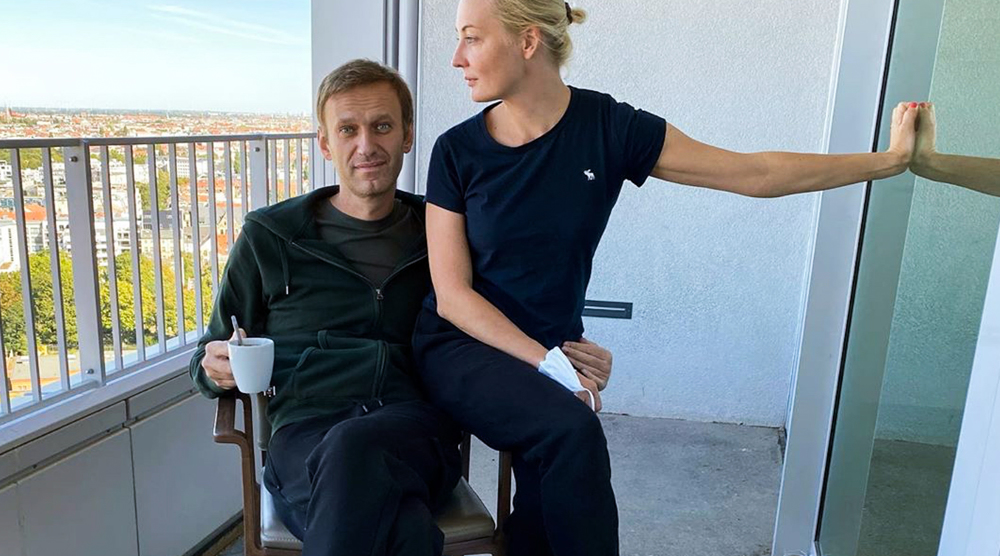Kremlin won’t tolerate EU approach toward Russia over Navalny case
The Kremlin says Russia is not ready to tolerate the European Union’s approach toward Moscow after the union imposed sanctions against the country over the alleged poisoning of Russian opposition figure Alexei Navalny.
EU foreign ministers on Monday agreed to impose sanctions against Russia over Navalny’s case.
Kremlin spokesman Dmitry Peskov said on Wednesday that Moscow could not maintain a dialog with the EU by its own efforts alone.
“Russia did not instigate the deterioration of dialog (with the EU) through all possible channels. It's clear that Russia does not get a response in its attempts to renew dialogue. It's clear that Russia is not prepared to tolerate this attitude towards us following the incident with the Berlin patient.”
His statements echoed Russian Foreign Minister Sergei Lavrov’s Tuesday remarks, where he said Russia might have to halt dialog with the EU due to its failure to “understand the need for mutually respectful dialog.”
He also slammed the EU for adopting the “US style of threatening and punishing states with sanctions.”
Brussels approved the sanctions after Germany and France last week proposed measures against individuals they deemed responsible for the alleged poisoning, as well as entities involved in Russia’s Novichok program.
Navalny, 44, collapsed during a domestic Russian flight on August 20 and was taken to a local hospital before being airlifted to Germany on August 22. His aides claimed he had been poisoned after drinking a bottle of water at a hotel before the flight.
On September 2, Germany said the Russian opposition figure had been poisoned with a Novichok nerve agent. But the Russian doctors who tested his blood for poisoning before he was moved to Germany said the tests were negative.
Western governments have been attacking Russia with accusations that it poisoned Navalny, saying Moscow must help investigate the case or face consequences.
Russian prosecutors have asked Germany to provide Navalny’s medical records for a comparative study of his condition. Germany has refused to produce that information.
The Russian government has denied involvement in any attack on Navalny, who was discharged from Charite Hospital in Berlin in late September.
Tel Aviv tells Damascus Israeli forces will remain in occupied territory: Report
Dec. 22: ‘Axis of Resistance’ operations against Israeli occupation
‘Abhorrent’: Oxfam says only 12 trucks delivered aid in North Gaza since Oct.
VIDEO | Leader receives religious eulogists on Hazrat Fatima birth anniv.
Pope Francis slams Israel’s ‘machine-gunning’ of Gaza children
US hostage-taking of Iranian nationals violation of intl. law: Deputy FM
VIDEO | Carol Singers for Palestine on London’s Parliament Square
Ansarullah says ‘Israeli terrorists’ incapable of confronting Yemen, warns of secret weapons
















 This makes it easy to access the Press TV website
This makes it easy to access the Press TV website